
The Ministry of Lands and Natural Resources would in July, host series of stakeholder engagements in four regional capitals to deliberate on measures needed to restore Ghana’s degraded environment.
Dubbed the national debate, the discussions would be centred around addressing issues of illegal mining, illegal logging, and deforestation, and on how to sanitise the forestry and natural resources sector.
The meetings to be hosted in Takoradi, Koforidua, Kumasi and Tamale, would involve chiefs, small-scale miners, officials of Ghana Chamber of Mines, Foreign Missions among other stakeholders, who would also be briefed on the new Multilateral Mining Integrated Project (MMIP) being implemented by the Ministry of Lands and Natural Resources as a measure to stop illegal mining in the country.
The MMIP is a five-year holistic programme being rolled out by the Ministry in partnership with the Minerals Commission to tackle the issue of illegal mining and bring sanity in the sector.
Speaking at the inauguration of the Board of Directors of Tropenbos Ghana, an NGO that works in the forestry sector, Mr Benito Owusu Bio, a Deputy Minister of Lands and Natural Resources, said the stakeholder engagement would be part of government’s commitment towards partnering key entities to address environmental challenges.
Tropenbos Ghana, a Government of Dutch funded organisation, partners other counterparts to work around crucial forestry issues including illegal chainsaw lumber production, development of the domestic lumber market, and equitable benefit sharing, thereby, helping Ghana resolve her forestry issues.
The Seven-member Committee chaired by Professor Alfred Appua Oteng Yeboah, a Lecturer at the University of Ghana, and a former Director General of the Council for Scientific and Industrial Research (CSIR), was therefore inaugurated to advice and guide Tropenbos in discharging its missions and visions towards a more sustainable forest usage.
The other members are Professor Victor Agyeman, Director General of CSIR, Mrs Hannah Owusu Koranteng, Associate Director of WACAM, Mrs Juliana Asante Dartey, Director of Agribusiness in Sustainable Natural African Plants Product, Mr Raphael Yeboah, Executive Director of FSD, Mr Akwasi Agyei Yeboah, and Mr Musah Abu Juam, a Technical Director of Ministry of Lands and Natural Resources.
The inauguration ceremony was also used to launch a 10-year Strategic Plan of Tropenbos.
The plan that has five strategic goals would guide the organisation’s work from 2017 to 2026 as it strives towards becoming a leading organisation that influences forest practices.
Mr Owusu Bio commended Tropenbos for the lead role being played in providing forums for dispassionate discussion of crucial forestry issues.
He said Tropenbos had been providing critical platforms that allowed a multi-stakeholder fora and discussions which had helped inform government’s policy on the sector.
He also thanked the Royal Netherlands Embassy and the Dutch Government for the immense contribution and funding of many forestry projects and programmes in the country.
The Deputy Minister reiterated government’s concern and commitment to forest restoration and sustainable forest management, as well as its willingness to work closely with all key stakeholders in finding solutions to environmental degradation.
Commenting further on the state of Ghana’s forestry, Mr Owusu Bio said a major challenge facing the sector presently was how to restore degraded forest lands to benefit people and the environment and to make forestry a more competitive land-use.
He said the Government was therefore not only interested in forest benefits but also greatly committed to its sustainable management, adding that such commitment had been the driving force behind the several initiatives by government to rehabilitate and develop through several initiatives including the National Plantation Development programme.
He said other initiatives such as the Forest Law Enforcement Governance and Trade/Voluntary Partnership Agreement and REED+ that were being pursued by the Ministry were all meant to strengthen the arms in dealing with deforestation and forest degradation.
“A key strategy we have used in the past and will continue to use is to involve all our key stakeholders in our quest for sustainable forest management,” Mr Owusu Bio said.
Professor Samuel Kwabena Nketsia, Director of Tropenbos, said the launch of the strategic plan and the inauguration of the Board of Directors give way to strengthening of the organisation to operate as an autonomous body, growing to become an environmental think tank.
“We seek to work very closely with partners to influence policy and practices in the forestry sector”, he noted, adding that Tropenbos would continue to work with staff of Forestry Commission and students on forestry practices.
Prof Oteng Yeboah, Chairman of the Board, said the members were ready to take up the responsibility of helping Tropenbos work within the 17 goals of the Sustainable Development Goals (SDGs) into promoting sustainable environmental development in Ghana.
Mr Clement Kojo Akapame, Lecturer at GIMPA Faculty of Law, emphasized the need to strengthen the forestry and mining laws which remain scattered with numerous untidy amendments over the years, leading to weak enforcement regime.
Dr Fred Smiet, First Secretary in charge of Water and Climate Change, Ghana Netherland WASH Programme, advised civil society organisations to seek alliances with the private sector and look for synergy and joint interests in helping Ghana solve her environmental challenges.
GNA
Read Full Story
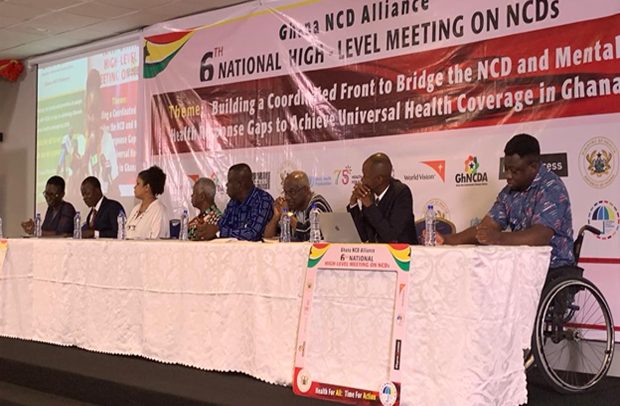



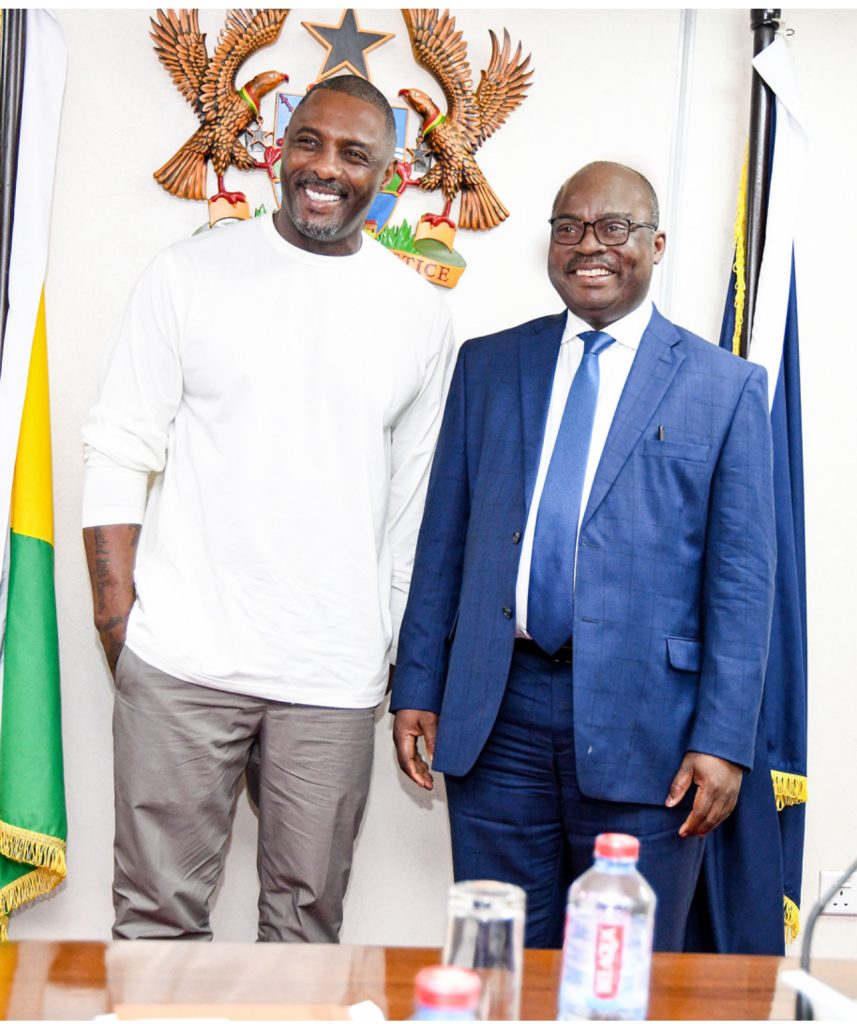







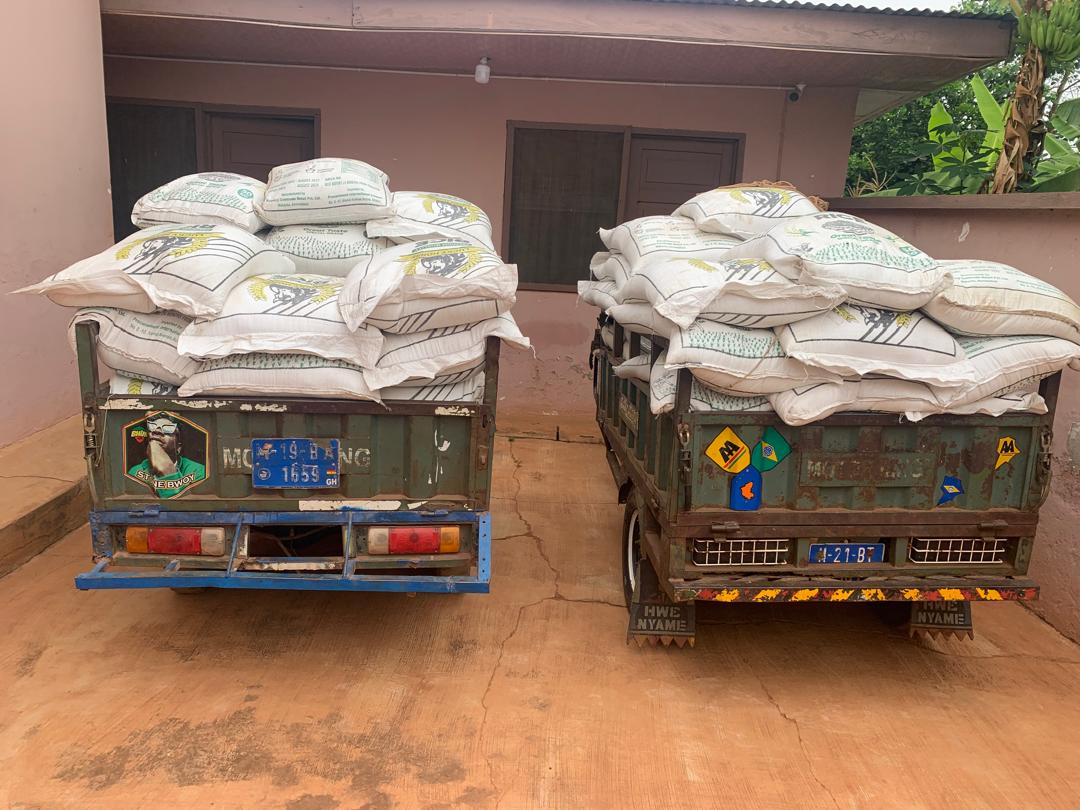
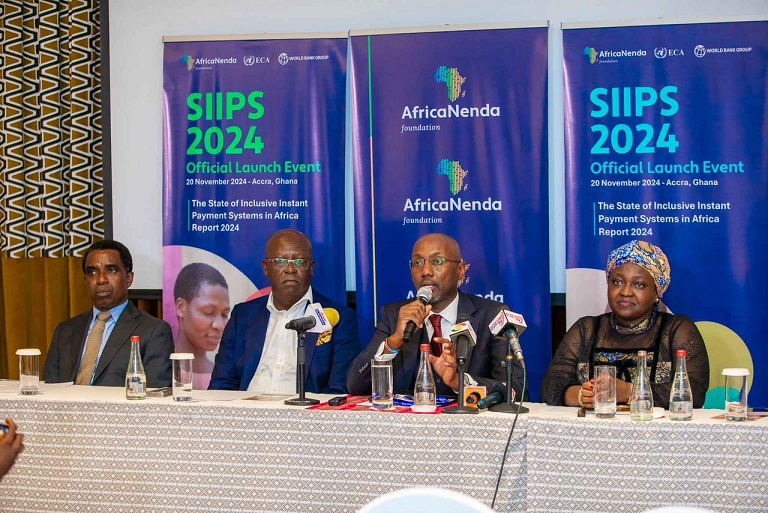

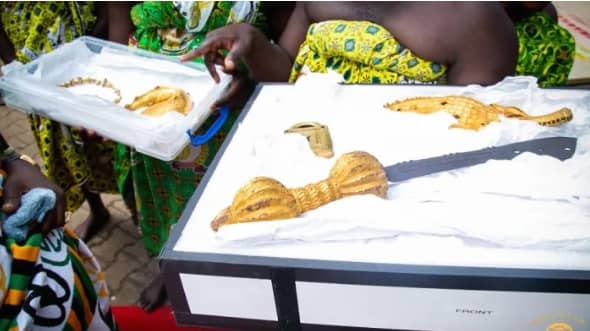
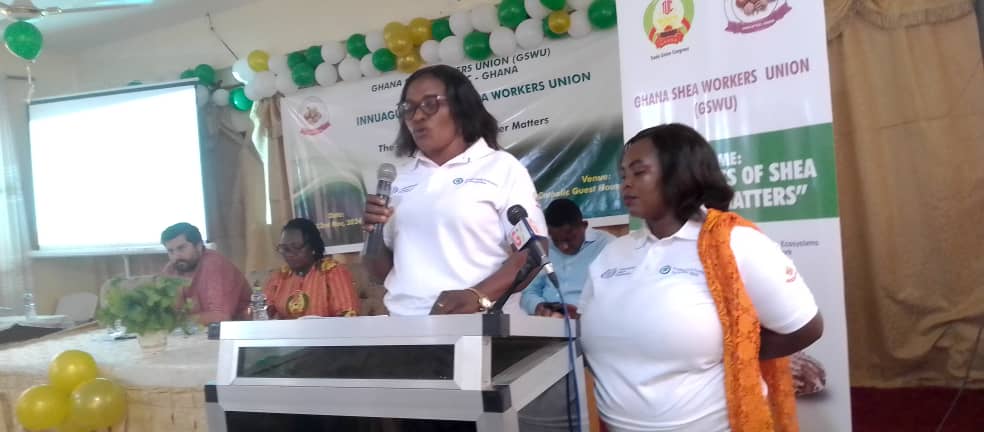
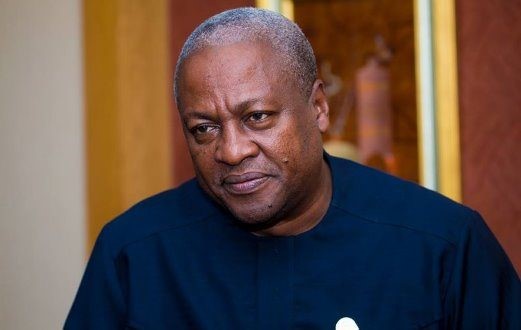
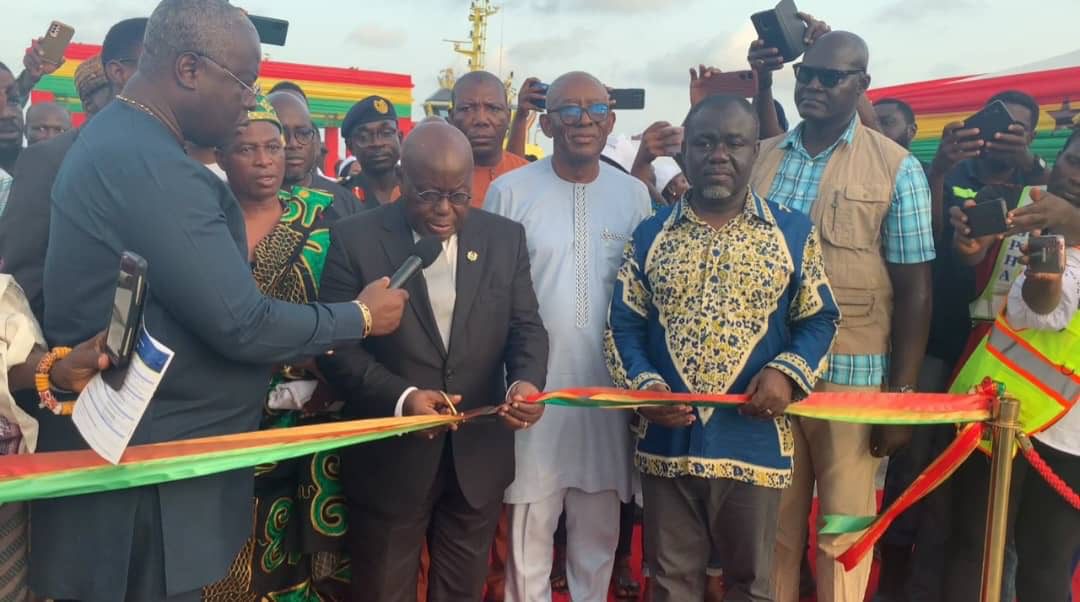
Facebook
Twitter
Pinterest
Instagram
Google+
YouTube
LinkedIn
RSS